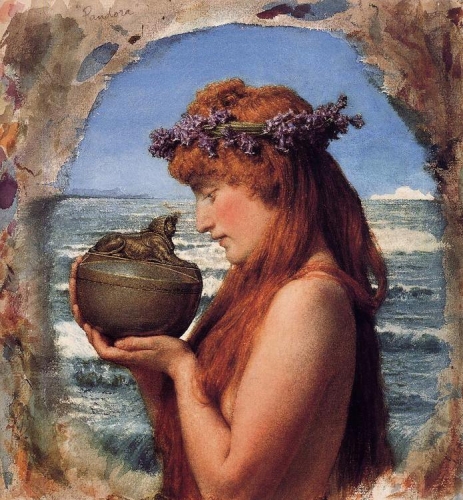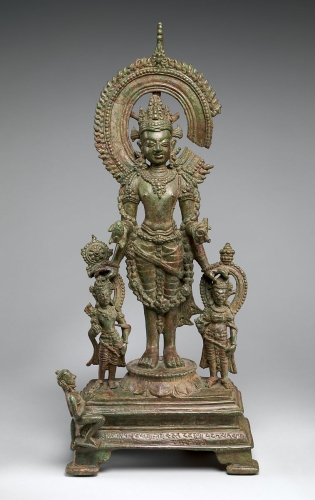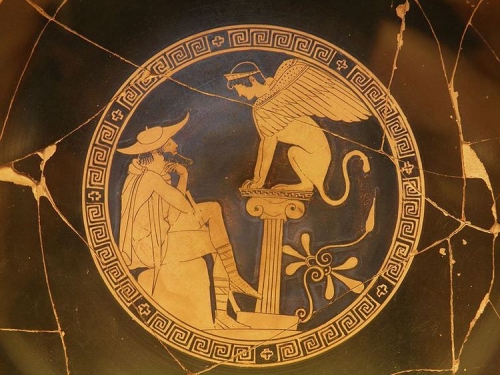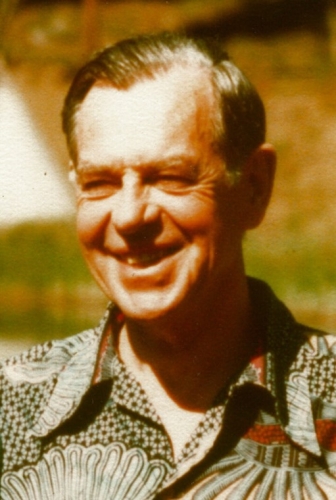Plato
First philosopher to equate myths with "lying"
Interpreting myths as primitive explanations of the natural world or as time-distorted accounts of long-past historical events
Euhemerism
Early Church Thinkers
Believed the Greek and Roman myths were influenced by demons who wanted the stories to prepare their listeners for the story of Jesus, and to provide a contrast between him and the Pagan gods
Proto-Indo-European
Discovery of this single language led some mythologists to explain similarities in all European, Indian, and Southwest Asian myths
3 Types of Myths
Etiological Myths
Historical Myths
Psychological Myths
Etiological Myths
myths (from the Greek word meaning reason) explain why a certain thing is the way it is or how it came to be.

Historical myths
retell an event from the past but elevate it with greater meaning than the actual event (if it even happened).

Psychological myths
present one with a journey from the known to the unknown which, according to both Jung (2008) and Campbell (1992), represents a psychological need to balance the external world with one’s internal consciousness of it. However that may be, the story of the myth itself usually involves a hero or heroine on a journey in which they discover their true identity or fate and, in so doing, resolve a crisis while also providing an audience with some important cultural value.

Joseph Campbell, a leading scholar in the fields of mythology and comparative religion, explained four basic functions of myth.
1. The Metaphysical Function
2. The Cosmological Function
3. The Sociological Function
4. The Pedagogical Function

The Metaphysical Function
The transcendent reality that facilitates an awakening of mystery, wonder, and the mystical "ground of being."
The Cosmological Function
An offering of reasons for physical phenomena. Every part of the planet has a purpose in the cosmological scheme provided by myth.
The Sociological Function
Keeping social order by passing down "the law," the moral and ethical codes for people of a culture to follow.
The Pedagogical Function
A guide for successful passage through the stages of one's life - from dependency to maturity to old age, and finally, to death.





